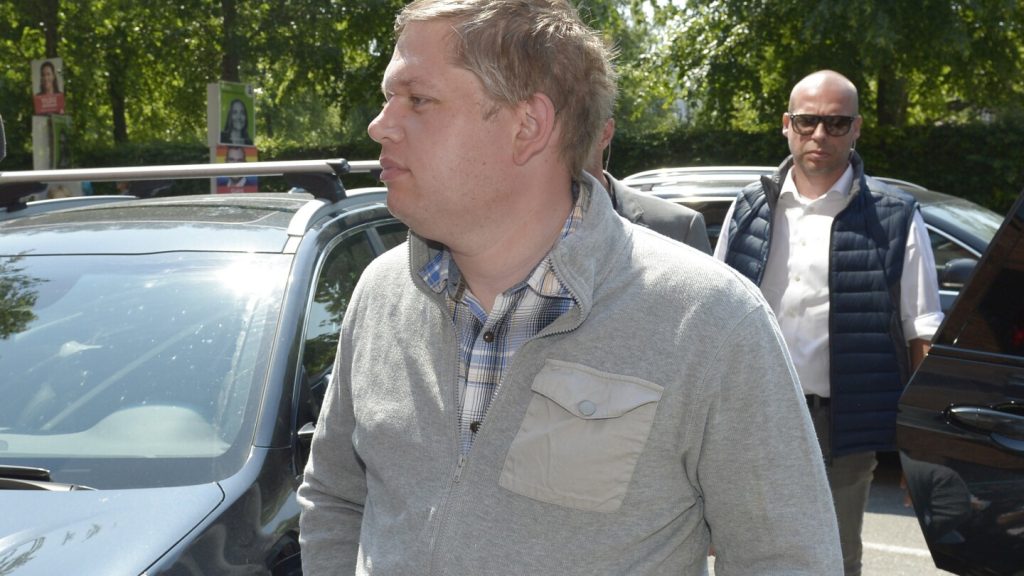The court also ordered Paludan to pay 16,000 kronor ($1,900) in damages to four men of Arab descent who were present during the protests in Malmo. The court said there was no evidence that fees had resulted from Paludan’s actions. Paludan has a history of making provocative statements and actions in both Denmark and Sweden, where he has faced legal consequences for inciting hatred and discrimination. He has also been banned from entering Sweden until 2024.
Paludan’s party, Stram Kurs, which translates to “Hard Line” in English, advocates for strict anti-immigration policies, including the deportation of all Muslim immigrants from Denmark. The party has gained attention for its controversial stances and has been the subject of legal action in both countries. The sentencing of Paludan to four months in jail has sparked discussions about the limits of free speech and the consequences of hate speech in a democratic society.
In response to the court’s decision, the Swedish Committee Against Anti-Muslim Hatred welcomed the ruling as a step towards holding individuals accountable for spreading hate against marginalized communities. The organization called for further actions to address hate speech and discrimination, highlighting the importance of protecting the rights and dignity of all individuals, regardless of their background.
The case of Rasmus Paludan and his sentencing in Sweden has reignited debates about the rise of far-right extremism in Scandinavia and Europe as a whole. The court’s ruling sends a strong message that incitement against ethnic or religious groups will not be tolerated in Swedish society. It also emphasizes the need for responsible and respectful discourse in political activism and public demonstrations.
The sentencing of Paludan in Sweden has also raised concerns about the impact of hate speech on social cohesion and national security. In a time of increasing polarization and division, the court’s decision to hold individuals accountable for their words and actions sets a precedent for upholding democratic values and promoting a more inclusive society. It also serves as a reminder of the importance of respecting diversity and protecting the rights of all individuals within a democratic framework.
Moving forward, the case of Rasmus Paludan and the legal proceedings in Sweden highlight the challenges of addressing hate speech and extremism in the public sphere. As countries grapple with the complexities of freedom of expression and the responsibilities that come with it, the need for effective measures to combat hatred and discrimination remains paramount. The sentencing of Paludan serves as a reminder that actions with harmful intentions can have lasting consequences, and that individuals must be held accountable for promoting intolerance and division in society.















